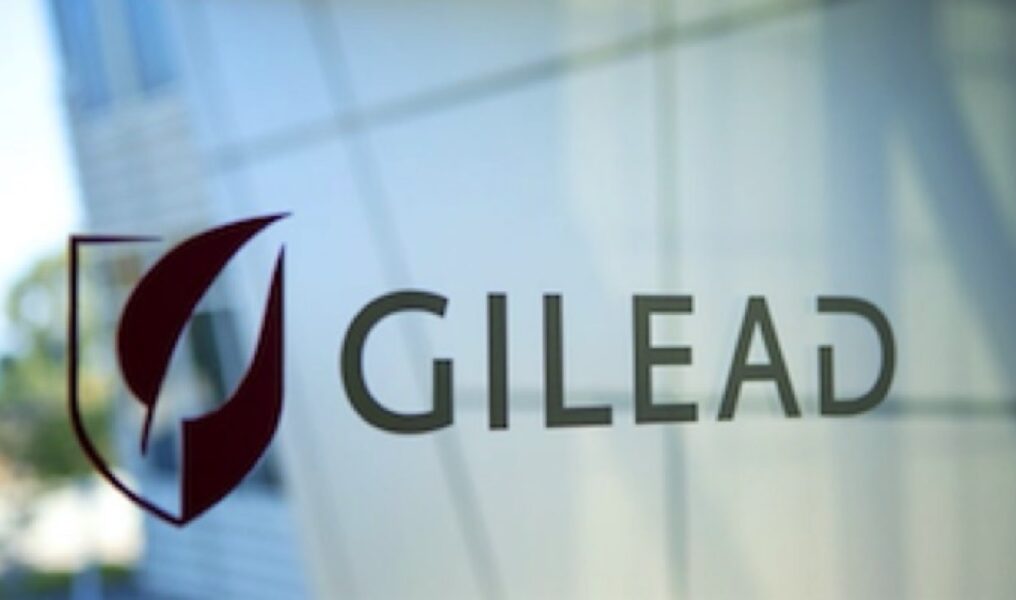Lawyers for the AIDS Healthcare Foundation (AHF) filed personal injury and class action suits against Gilead on Tuesday, alleging the company stalled the development of a safer alternative to their highly-profitable HIV drug tenofovir disoproxil fumarate (TDF) for nearly two decades.
The personal injury action was filed on behalf of two Southern California men, both living with HIV, who claim they suffered bone and kidney damage from taking TDF at the doses prescribed. Behind the class action suit are two different Southern California men, who are also living with HIV and claim similar side effects from TDF.
Both complaints allege Gilead salespeople concealed from HIV-positive patients and their physicians information concerning the risks and side effects associated with TDF. They also claim the company declined to disclose the results of its studies, performed as early as 2001, which pointed to the viability and safety of their alternative formulation.
The Los Angeles Times reports Gilead has refused comment until the company can thoroughly review the complaints.
Several other widely-prescribed Gilead medications are made with TDF in combination with other HIV drugs. These include Atripla, Stribild, Complera, and Truvada.
In AHF's class action, the organization's lawyers seek to represent all California patients (1) who were prescribed Atripla, Truvada, and Viread (the brand name under which TDF was originally sold) from Oct. 26, 2001 through the present and (2) either personally, or via their prescribing physicians, were "exposed to Gilead's misrepresentations."
Regarding Truvada, among the claims presented in AHF's class action is the charge that "Where Gilead did list potential patient concerns [with TDF], it misrepresented the risks as primarily for already-renally impaired or bone-compromised patients."
According to the Los Angeles Times, the company paid doctors to conduct small clinical trials to test tenofovir alafenamide (TAF), the formulation Gilead scientists had found promising in their animal studies. The positive results from those clinical trials were shelved, according to the lawsuits, to protect the company's TDF patents from competition and therefore drive up prices for the drugs.
Michael Lujano, one of the two plaintiffs in the personal injury suit, says he trusted his life to Gilead and the drug he believed would safely treat his HIV. "I'm bringing this lawsuit to try to hold Gilead responsible for their reckless focus on profits over patient safety," he said.
The second plaintiff in AHF's personal injury claim, Jonathan C. Gary, was diagnosed with a rare kidney disorder in 2010 and then with osteoporosis in 2017.
Attorneys for the men claim Gilead was twice warned by the Food and Drug Administration (FDA) concerning false claims by salespeople about the toxicity of TDF. The agency even recommended the company retrain its sales reps.
According to the company's filings to the Securities and Exchange Commission (SEC), in 2017 Gilead earned $26.1 billion in revenue. Morningstar records of executive compensation indicate President/CEO John F. Milligan earned $15.4 million that year, while Executive Chairman John C. Martin earned $7.3 million.
This article originally appeared in the Los Angeles Blade and is made available in partnership with the National LGBT Media Association.










